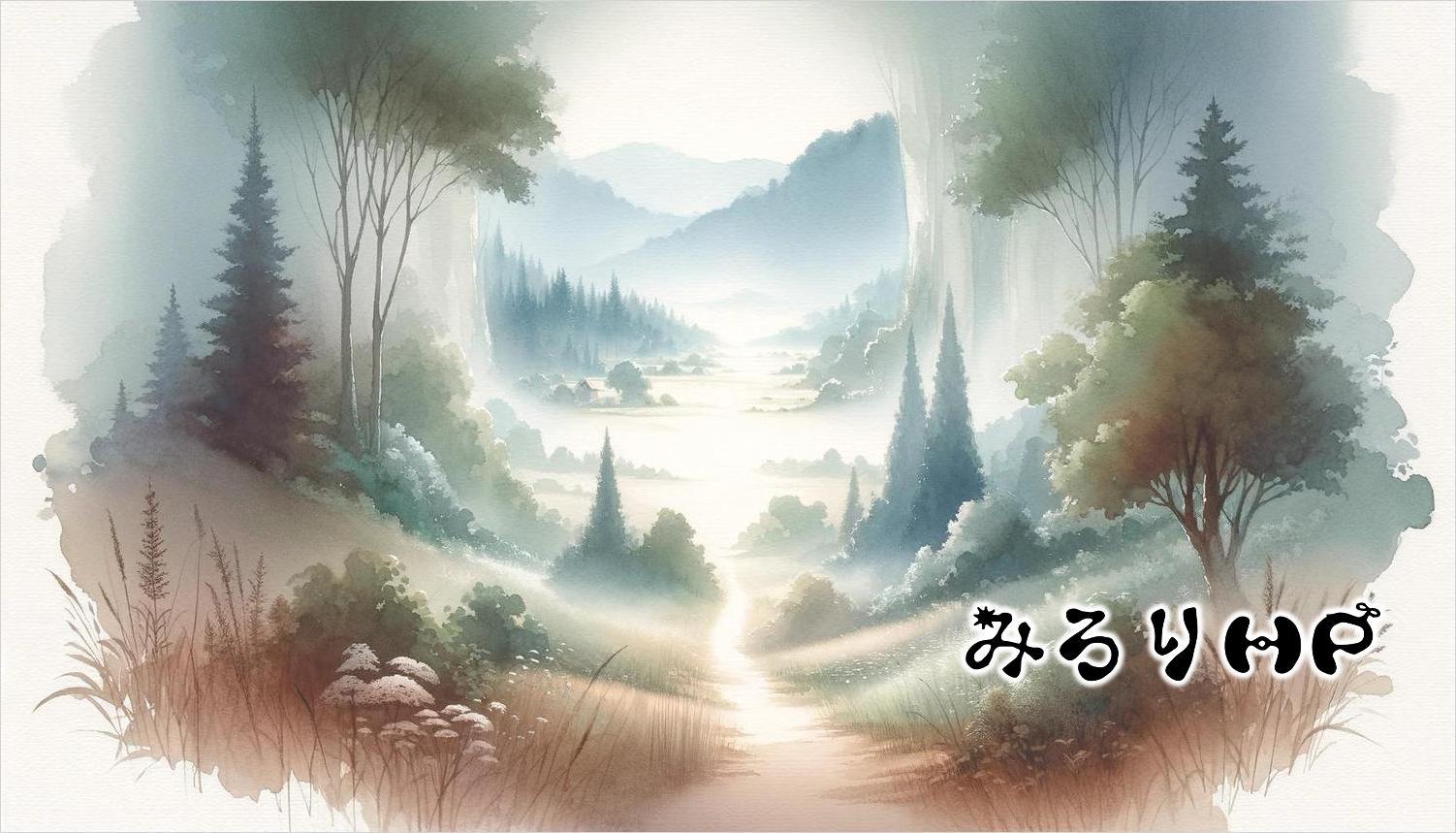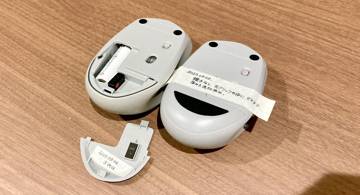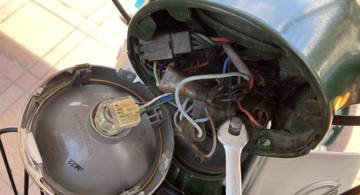Summary

This ↓ is a follow-up to this post:
The question “Who dumped all those Treasuries?” came up in my circle, so I looked into it. At the time, there wasn’t enough official data available, so I concluded that the truth remained unclear. Still, “unclear” is a perfectly valid research outcome, so I was fine with that.
Now that three months have passed, earnings reports and such should be out, so I decided to reinvestigate.
Was It Norinchukin Bank?
That was a typical social media hoax.
Posts claimed that President Trump delayed the “reciprocal tariffs” because Japan’s Norinchukin Bank sold U.S. Treasuries, causing prices to drop and interest rates to rise.
Norinchukin Bank President Taro Kitabayashi denied speculation that the bank was behind a large sell-off of U.S. Treasuries around the time the U.S. considered reciprocal tariffs.
Was It China?
Well, their holdings did decrease slightly, but not dramatically.
China, which in March slipped to become the third-largest foreign holder, behind the UK, had $757 billion of US Treasury securities in April, down $8.2 billion from March.
Japan, the biggest foreign holder of US Treasury bonds, saw its holdings tick up by $3.7 billion in April to $1.13 trillion. The UK's holdings climbed by $28.4 billion to $807.7 billion.
In fact, Japan actually increased its holdings.
Was It U.S. Hedge Funds?
This seems to be the most likely explanation.
The sharp drop in U.S. Treasuries was attributed to stop-loss selling by short-term investors, as well as position unwinding by commodity trading advisors (CTAs) and risk-parity investors who balance asset allocations based on risk levels.
Major investors and hedge funds typically operate 24-hour trading desks across the globe, making it hard to pin down the “nationality” of the sellers based on time zone alone.
This puts to rest the simplistic guess that it must have been a Japanese seller just because it happened during Tokyo hours.
The End
That’s it for this little investigation. When you don’t know something, it’s important to honestly conclude that “you don’t know.”





